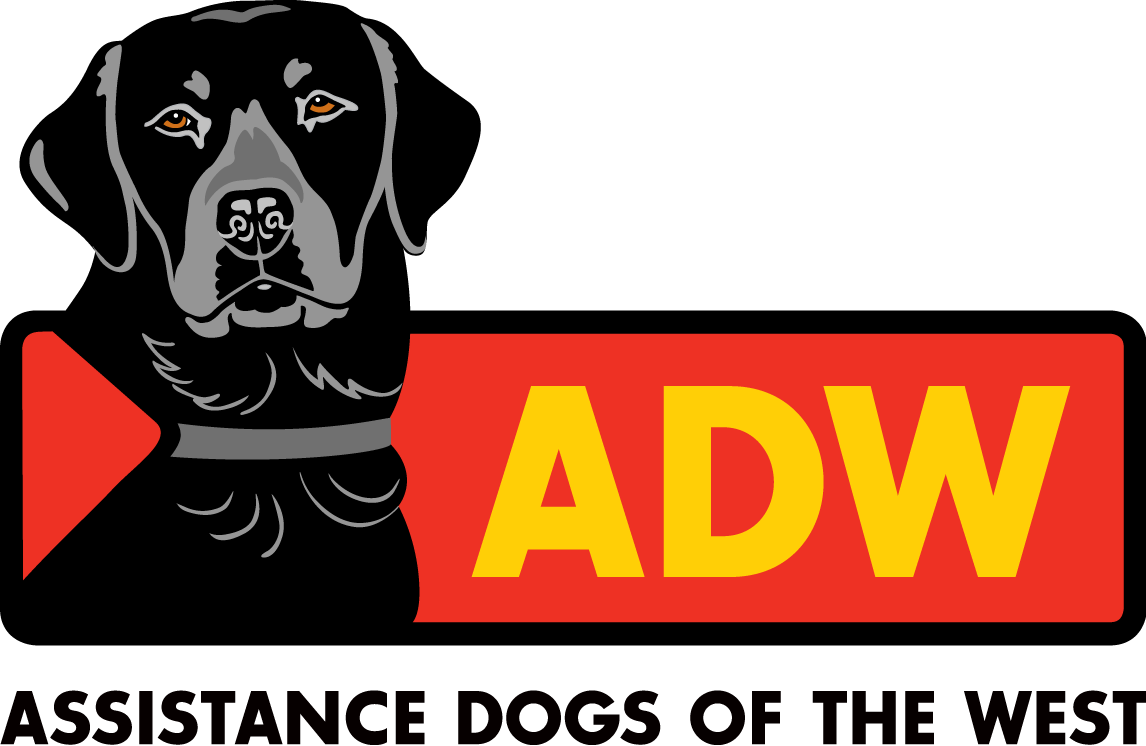1 Dog : Many People
Facility Dogs
These canines work with therapists, in domestic violence shelters, residential facilities such as drug/alcohol residential centers, juvenile detention centers and other settings.
Courthouse Facility Dogs
Since 2010, our Courthouse Facility Dog program has placed 55 dogs in criminal justice settings throughout the United States. Courthouse Facility Dogs specifically work with crime victims, predominantly children, in helping to foster a safer and more comfortable environment as they provide depositions and give testimony in court. These dogs play a crucial role in easing stress felt by children in the court system, and often aid prosecutors to achieve convictions.
Crisis Response Canines
In 2016, in Washington DC at FBI Headquarters, ADW placed our first Crisis Response Canines. The program has developed exponentially and these resilient dogs work on mobile EMT units helping first responders, in Fire Departments, and in Special Victims Units. We also place Peer Support Canines who foster empathetic staff care for professionals as they provide services to the many varied populations in need.
Peer Support Canines
Helping to mitigate secondary trauma in professionals such as first responders in law enforcement, crisis intervention personnel, with detectives and investigators, these canines provide loving kindness and support.
What is the Difference Between a Therapy Dog and a Facility Dog?
While the primary role of therapy dogs and facility dogs is mostly the same—to offer comfort to people in stressful situations—they are different in important ways.
Therapy dogs are pets handled by volunteers. Typically, they visit places like hospitals, children’s reading groups and nursing homes.
Facility Dogs are specially trained and handled by professionals who are educated about communicating and providing services in highly charged emotional situations, such as mass violence incidents, courthouses and special victims units. Handlers might hear disclosures from victims and be called to testify as witnesses years later.
1 Dog : Many People
Warrior Canine Connection
Warrior Canine Connection teaches warriors with psychological wounds how to train service dogs for other veterans with disabilities. The dogs are trained to provide mobility support and to offer constant, non-judgmental, healing companionship to minds and bodies ravaged by war.
ADW is the first service dog agency in the United States to work with the Veterans Court Program and is partnered with Warrior Canine Connection, a nonprofit whose mission revolves around dog training. The organization is unique in that it enlists Warriors recovering from post-traumatic stress and traumatic brain injuries to help train service dogs for their fellow Veterans. By doing so, these Service Members relearn valuable life skills.
Veteran recipients of ADW dogs have served in Vietnam, the Persian Gulf, Iraq and Afghanistan.





